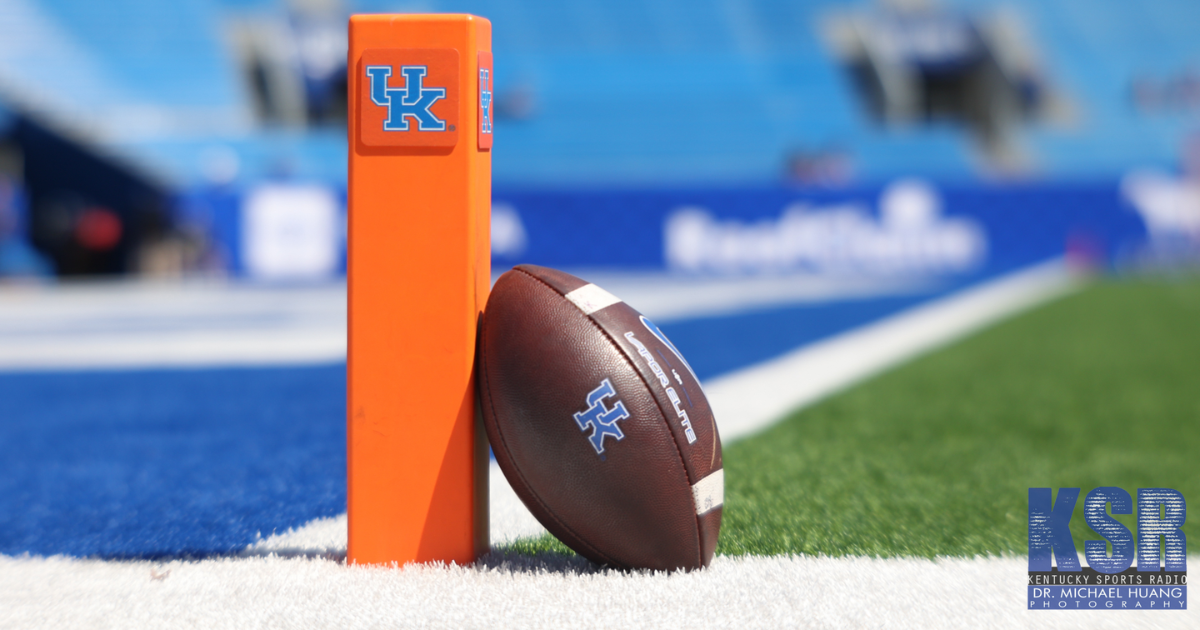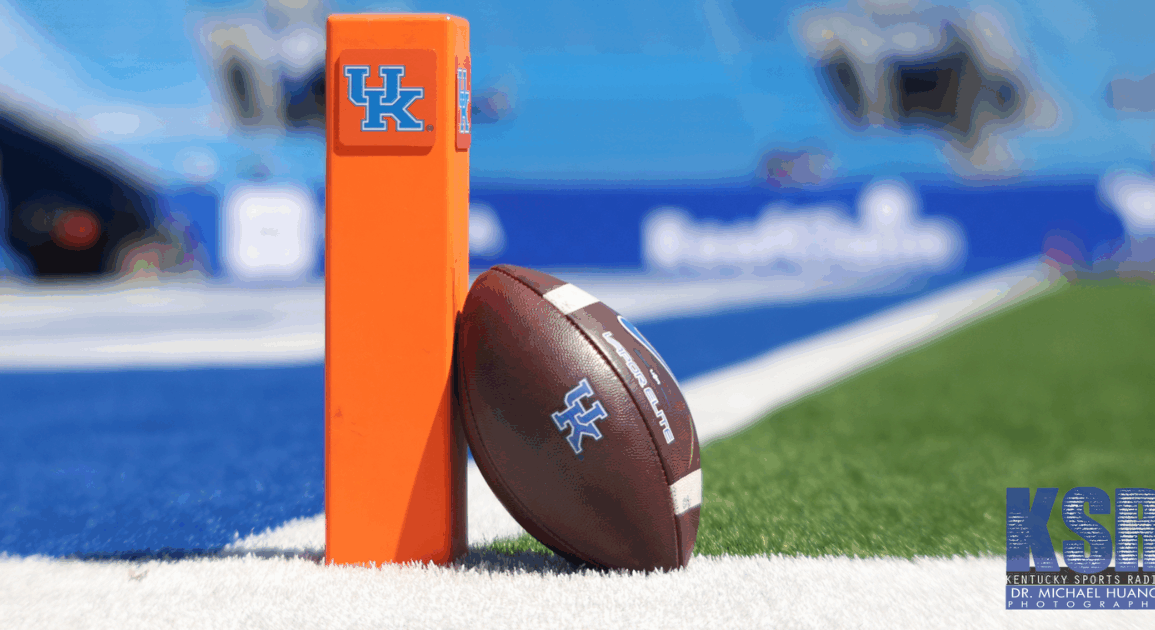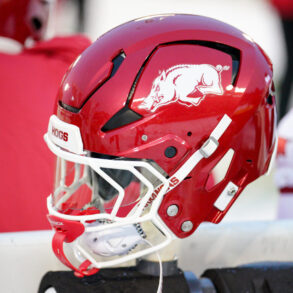
Kentucky football recruiting has dominated the conversation since Vince Marrow’s departure for Louisville. It’s clear that Mark Stoops altered his strategy, empowering his assistant coaches to recruit for their positions. That’s not the only change that’s happened.
There’s one big question hanging over the program’s head: How important is high school recruiting in the transfer portal and revenue-sharing era?
Part of the reason Kentucky changed its recruiting approach is that the sport has undergone drastic changes. Instead of exclusively relying on high school talent to build rosters, Kentucky is one of many schools that is taking more than a dozen free agents from the transfer portal. They’re attracting those players by paying them money, first via NIL, and starting next month, via rev-share dollars from the university.
I spoke with On3’s Andy Staples about the big-picture changes within the sport on Kentucky Roll Call to get a better idea of what it means for Kentucky and the loss of Vince Marrow on the recruiting trail.
Yes, High School Recruiting Still Matters
We’ve seen some programs steer heavily into the transfer portal, however, those runs are typically temporary. Coach Prime and Jeff Brohm used it to flip their rosters upon arriving at a new school. Lane Kiffin is called the portal king. He’s still recruiting Top 20 high school classes. Mark Stoops went heavy into the portal this offseason after a disastrous 4-8 campaign, but it can only be a temporary stop-gap for two big reasons.
“High school recruiting is very important in the SEC,” said Staples. “Maybe in the Big 12, maybe in the ACC, you can live in the portal and have competitive teams, but you’ve gotta build mostly through high school and supplement in the portal if you want to win in the SEC, because that’s really the only way you get good trenches players.”
Got thoughts? Continue the conversation on KSBoard, the KSR Message Board.
How High School Recruiting Must Change
In life, sometimes it’s not what you know, but who you know. That certainly applied to college football recruiting for years. Connections and relationships were currency, and Vince Marrow had deep pockets in the state of Ohio.
In the new world of college football recruiting, real currency is used to make deals to get players to campus. Schools will be paying their student-athletes from a pool of money that starts at $20.5 million a year. The schools that get the most bang for their buck will be able to create an edge.
“The better evaluators are going to make a lot of hay in the rev-share era because they’re going to get more for less money. The moneyballers are the people who are really gonna help, not so much the guys who can establish the relationship and win you the guys getting the same offers as everybody else,” said Staples.
“John Schlarman, the late offensive line coach at Kentucky, was one of the best evaluators in the world. Every time he offered a kid, you’d see five other schools jump in and offer because they were cheating off his paper. I think that kind of person is the most valuable in the rev-share era.”
Earlier this week, we did an exercise to see how many of the recruits signed by various assistant coaches turned into starters. A 50% hit rate is exceptional. All eight of Schlarman’s offensive linemen were multi-year starters.
“Mark Stoops has obviously been great at that over the years. If he’s got people on his staff that he feels comfortable are good evaluators, and I think that’s going to be helpful in the rev-share era, but right now, where they’re at, it’s a tough situation.” Staples added, “I don’t think there’s a lot of momentum right now, so it’s hard.”
The Uncertainty Surrounding Vince Marrow’s Future
If evaluation is more important in recruiting than building relationships, where does that leave a guy like Vince Marrow? If money is the deciding factor, in an idealistic world, revenue-sharing puts everyone on equal footing. Does that add more value to relationship-builders?
“Vince is one of those guys, your ace recruiter type guy. I don’t know if anyone is saying he’s the best position coach in the history of the world. Obviously, he’s not going to be coaching anything on the field at Louisville. How important is that guy in the NIL era, in the rev-share era?…
“I don’t know if I know the answer to that,” said Staples. “You don’t know about rev-share. The assumption by the people in charge is that everybody’s gonna have the same amount of money. The reality is they won’t. But everybody’s going to have money. People are going to make competitive offers. If a guy’s got five offers and they’re all fairly the same money-wise, does the person who builds the relationship matter a lot? I would think yes, but I’m not sure. I’m just not sure how important that person is now, relative to ten years ago.”
It’s clear that evaluating talent will be a difference-maker in the rev-share era, but it’s difficult to find clarity when looking to the future of college football recruiting in the rev-share era of this sport.
This post was originally published on this site be sure to check out more of their content.










